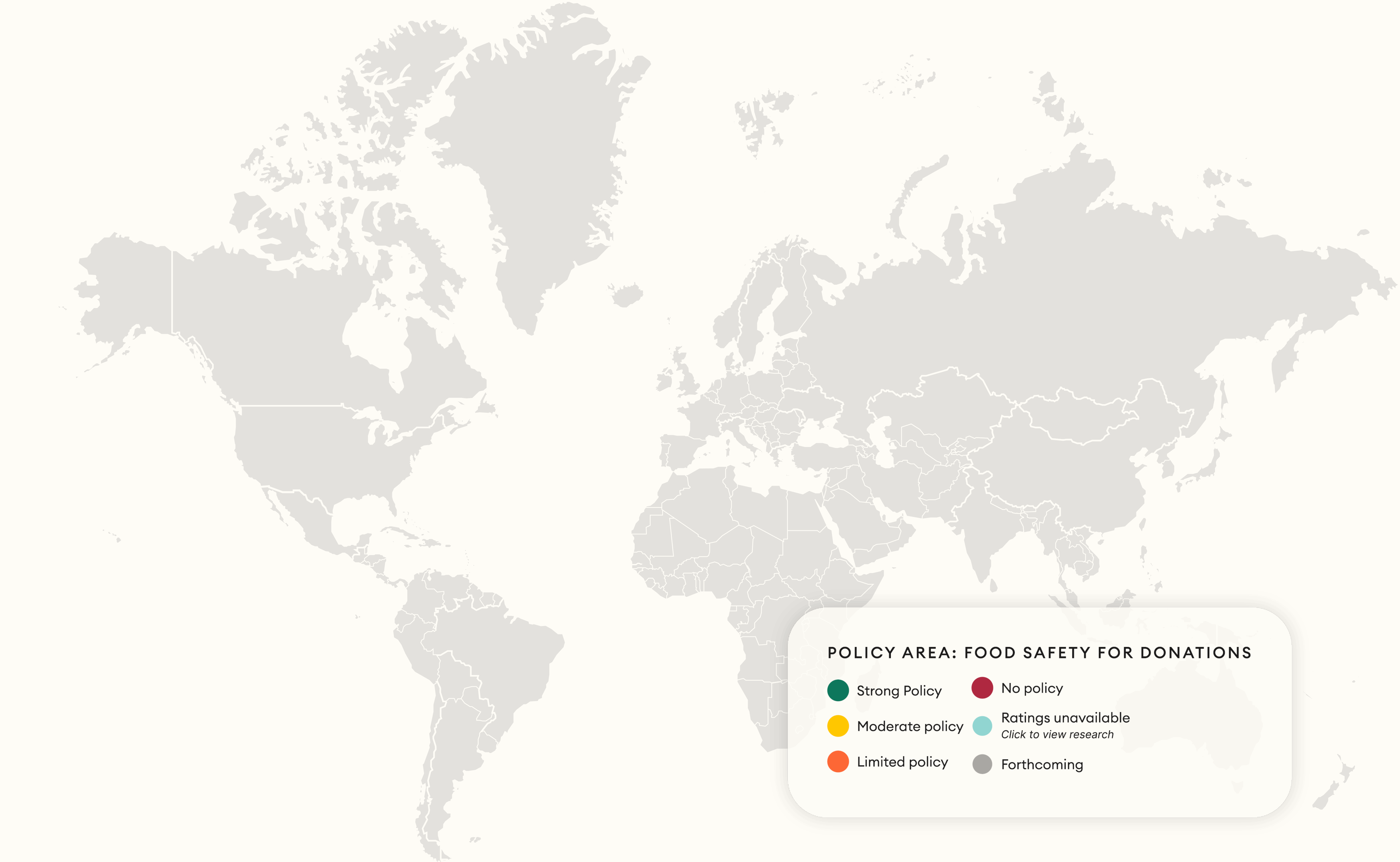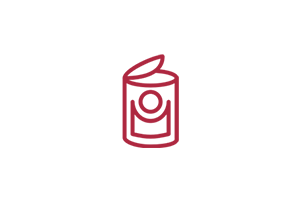Kenya: Policy Highlights and Opportunities
Each year, approximately 40% of the food produced in Kenya goes to waste amounting to an estimated KSH 72 billion (USD $654,545,448) a year. At the same time, approximately 36.5% of the population faces food insecurity.
Atlas Research: Kenya
Policy Highlights
Kenya research was published in May 2022 and was made possible with the advice and support of our on-site partners, including Food Banking Kenya.
Policy Opportunities and Recommendations




